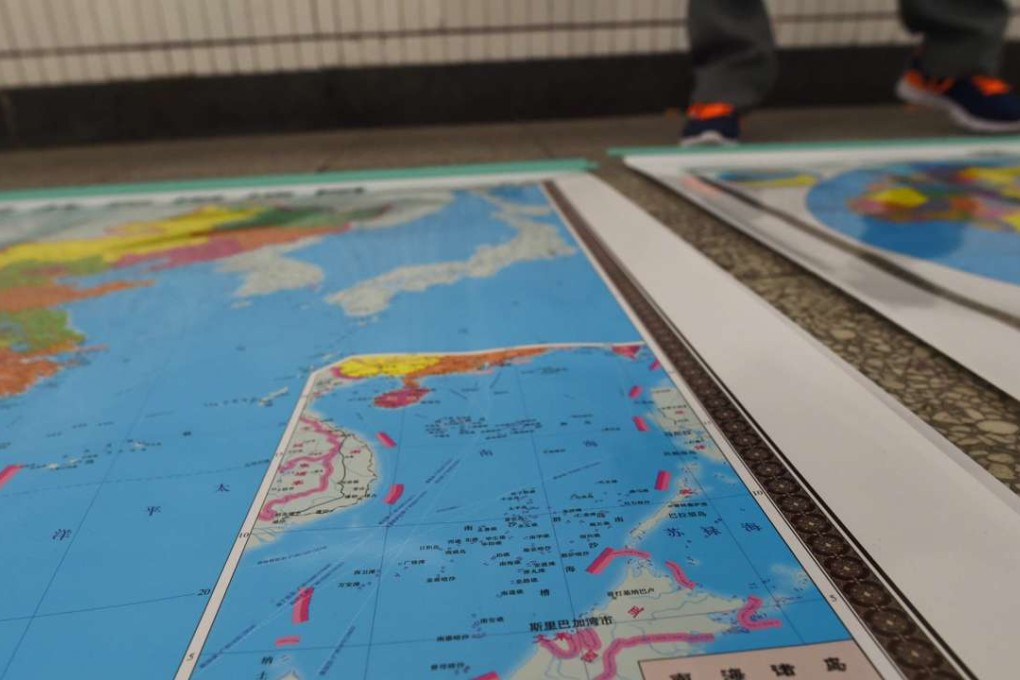Ahead of ruling, China collects historical proof overseas that backs its claim in South China Sea

China has long argued that historical documents prove the legitimacy of its claim to the South China Sea, but mainland researchers have also been looking overseas for supporting evidence.
Researchers from Yunnan University and Iran’s Tehran University have studied 50 Persian maps dating from the 10th to 17th centuries and translated the script into modern languages, including English and Chinese, according to China News Services.
Professor Yao Jide, head of the Chinese side, said the maps mark the region as the “Sea of China” or “Bay of China”, with some land masses labelled “islands of China”.
Those maps have unquestionable authority among all maps of their time
Yao’s team said the maps served as “third party” evidence of China’s historical activities in the region.
“Those maps have unquestionable authority among all maps of their time,” Yao was quoted as saying.
A researcher at Renmin University in Beijing, Chen Xiaochen, dug out a journal published by the Japanese government in 1938, which put the contested Spratly Islands under the administration of Kaohsiung, Taiwan.
On South China Sea disputes, China stands on the side of history, logic and the law
Taiwan was a Japanese colony at the time and handed back to China after the end of the second world war, hence it owned the Spratlys, Chen argued.